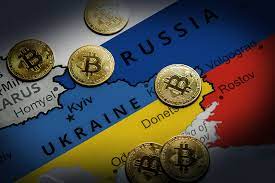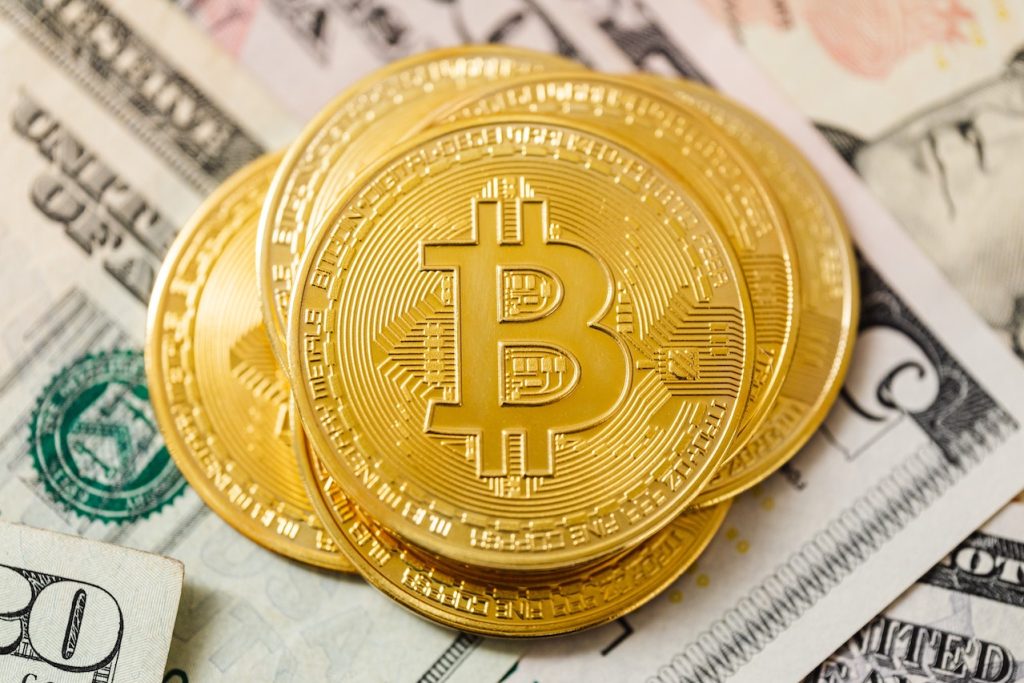
James Carter
Two Russian Crypto Laws Could Roll Out-Here’s Why?

With two proposals allegedly ready for adoption as soon as June, Russian crypto lawmakers may finally end the country’s protracted wait for crypto legislation.
Two Russian Crypto Laws Could Roll Out
One will look into ways to legalize the usage of cryptocurrencies in international transactions.
The second will discuss the possibility of making cryptocurrency mining legal.
On several instances in the past, the progress that was being made in the State Duma regarding crypto regulation came to a halt.
This is primarily due to a major split that exists between government ministries that are supportive of the industry and have advocated for crypto legislation and the Central Bank, which is opposed to cryptocurrencies.
In the past, President Vladimir Putin has urged the two sides to come to an agreement and settle their disputes.
However, it seems that their pleas are going unheard.
However, it appears like lawmakers are willing to try again, despite the fact that there have been multiple failed attempts in the past.
According to an article published by Interfax, a “group of MPs” had presented a measure to the lower house of the Duma.
The law suggests the establishment of a controlled “experimental platform for the use of cryptocurrencies and digital financial assets (DFA) in international settlements.” This platform would be overseen by the Central Bank.
Stablecoins, conventional crypto assets, central ban-run tokens, and tokenized assets are all examples of what the word “decentralized financial asset” (DFA) has been used to designate in various contexts within the legal lexicon of Russia.
One of the clauses of the bill indicates that coins and DFAs will be accepted as a “means of payment” that is subject to the “regulation of” the Central Bank. This provision is located in the middle of the bill.
Elvira Nabiullina, who has served as Governor of the bank for a very long time, recently stated that she was prepared to give her approval to the “experimental” use of cryptocurrency in “external [overseas] settlements.”
According to an article published by Interfax, she was heard speaking in the Duma about the establishment of “special authorized organizations” that would enable “miners to sell [coins].”
Nabiullina said:
“We want to see how such a system will work.”
As a result of the toll that international sanctions are taking on Russian trade, the Russian government in Moscow has ramped up its attempts to de-dollarize its economy.
In addition, Finam cited what the Governor was quoted as saying to the MPs:
“Given the current state of affairs, we are of the opinion that it is not only conceivable but also vital to employ cryptocurrencies for making external settlements. It is difficult for us to carry out settlements with other parties. We are engaged in a significant amount of work with regulatory bodies in other countries.
The Governor went on to say:
However, if this is something that might assist business owners in resolving their issues, we are willing to be flexible and enable them to complete settlements with overseas counterparties using cryptocurrency.

Two Russian Crypto Bills – What Effect Will They Have?
It’s possible that companies in the energy industry may view this new trend as a double whammy.
A significant number of oil and gas companies have been conducting research and development on systems that would enable cryptocurrency miners to work at drilling sites.
They have been successful in assisting domestic mining companies in gaining access to additional energy resources by powering rigs with related gas.
The mining of cryptocurrencies does not currently have any legal standing in Russia.
But there is a suggestion in the mining bill to change that.
It would make it possible for industrial miners who already have a reputation to engage in mining as an “entrepreneurial activity.”
Because of this, the Treasury will be able to tax miners based on their profits.
Russian Crypto Mining Boom Incoming?
According to a report by Sovcom, Anatoly Aksakov, the Chairman of the committee on the financial markets in the State Duma, indicated that members of parliament were “working on documents together with the Central Bank and the Ministry of Finance.”
Aksakov made the observation that the contending parties desired to “make amendments to the Criminal Code.”
This would seem to imply that unregistered individuals mining cryptocurrency at home could be subject to legal repercussions for failing to report their operations.
However, industrial miners are more likely to see the glass as having half of its capacity remaining.
According to what Aksakov was quoted as saying:
“For a significant amount of time, it has been the miners themselves who have been advocating for the legalization of their industry. Their endeavors are going to be placed under the jurisdiction of the law. On the other hand, however, stringent [punishments] for unlawful mining would be implemented at the same time.”
Latest
Blockchain
21 Feb 2026
Blockchain
13 Feb 2026
Blockchain
07 Feb 2026
Blockchain
06 Feb 2026
Blockchain
05 Feb 2026
Blockchain
03 Feb 2026












